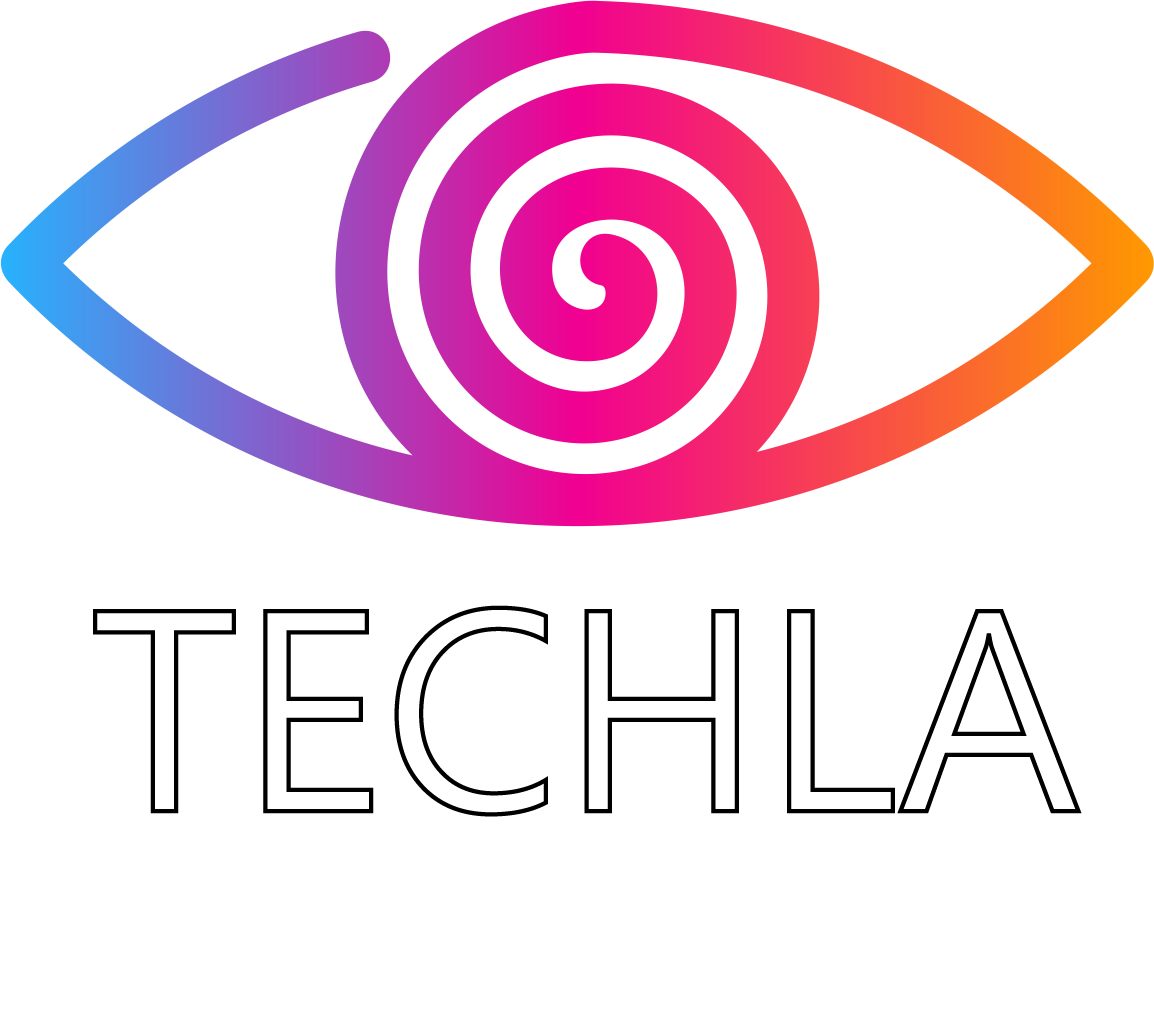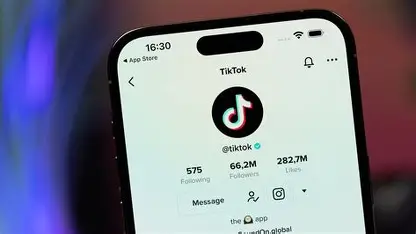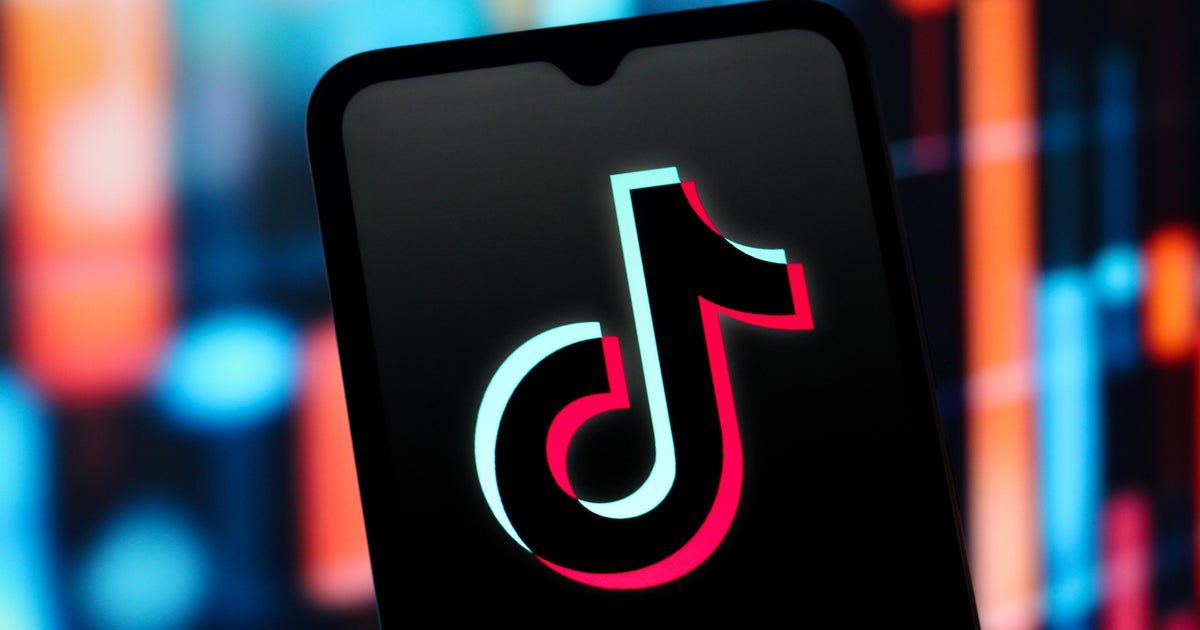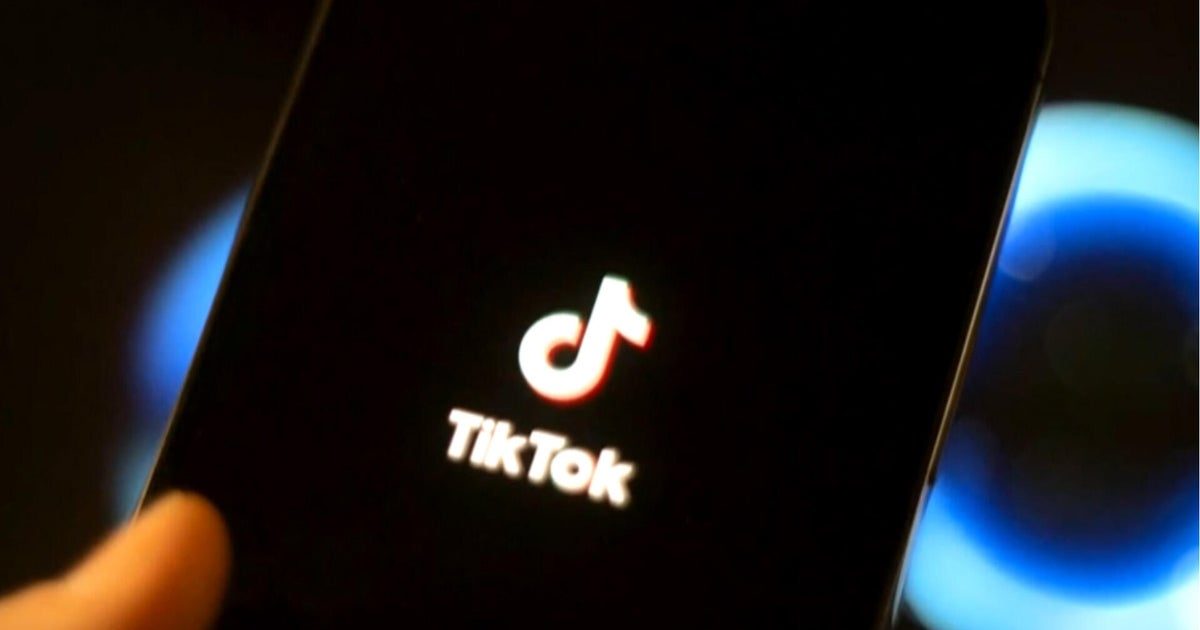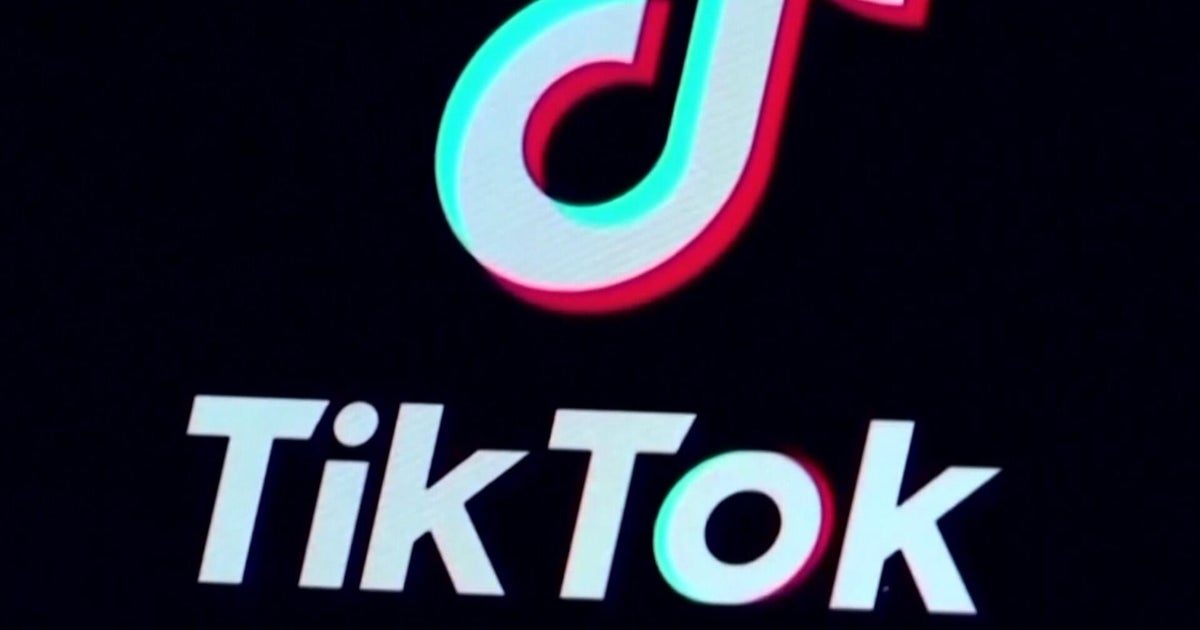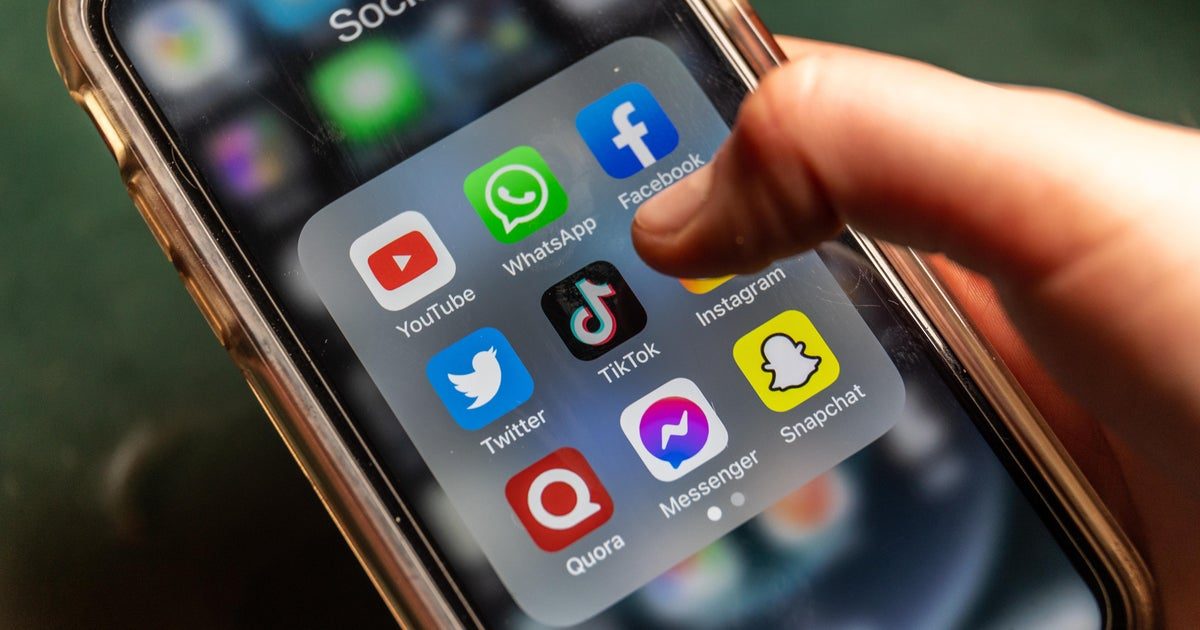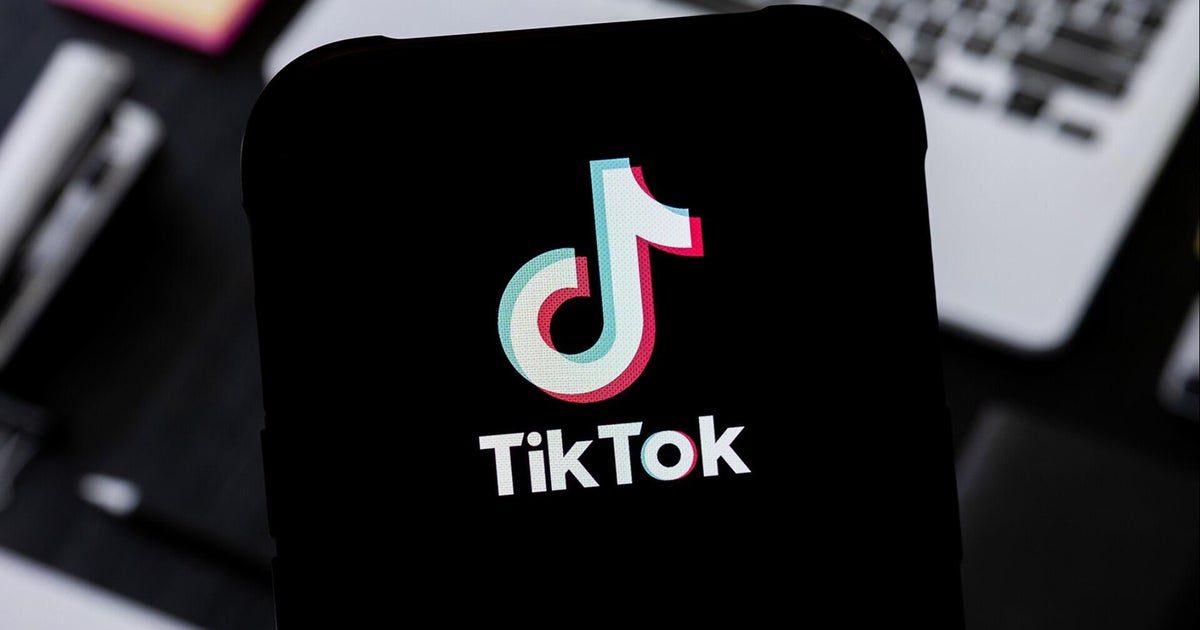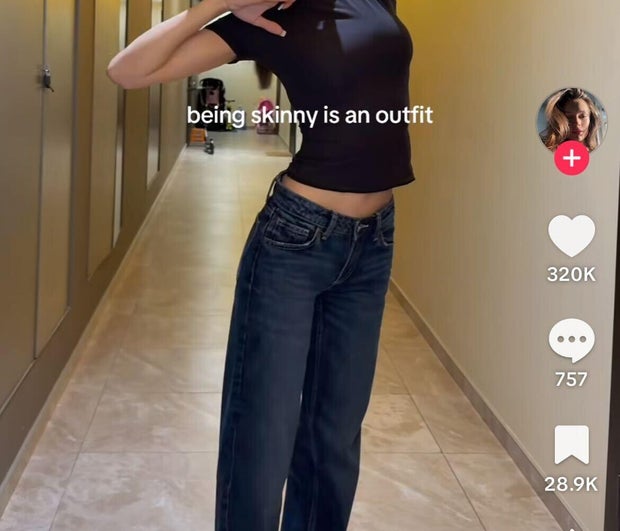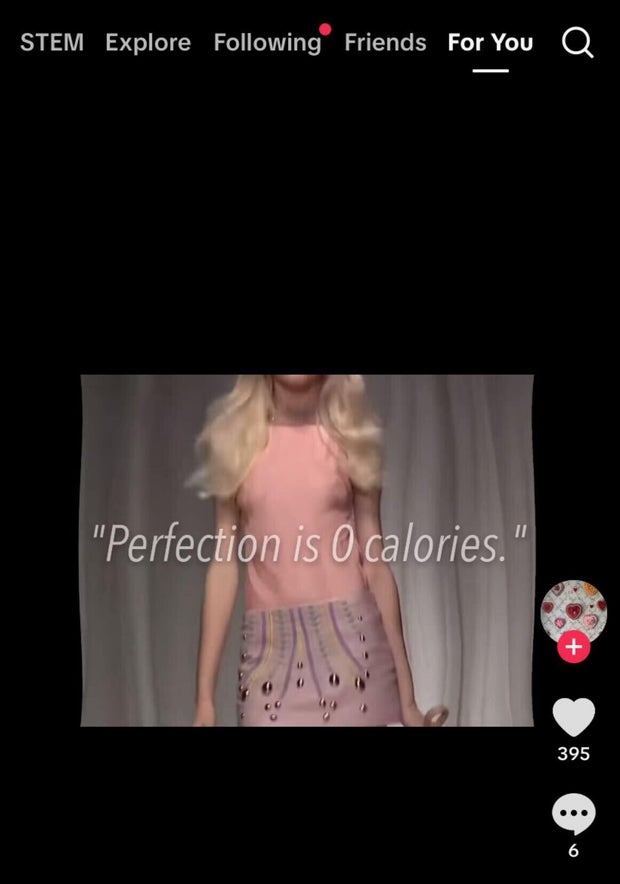Shoplifters in the US could soon be chased down by drones
The news: Flock Safety, whose drones were once reserved for police departments, is now offering them for private-sector security, the company has announced. Potential customers include businesses trying to curb shoplifting.
How it works: If the security team at a store sees shoplifters leave, they can activate a camera-equipped drone. “The drone follows the people. The people get in a car. You click a button and you track the vehicle with the drone, and the drone just follows the car,” says Keith Kauffman, a former police chief who now directs Flock’s drone program. The video feed of that drone might go to the company’s security team, but it could also be automatically transmitted directly to police departments.
The response: Flock’s expansion into private-sector security is “a logical step, but in the wrong direction,” says Rebecca Williams, senior strategist for the ACLU’s privacy and data governance unit. Read the full story.
—James O’Donnell
Read more of our stories about the latest in drone tech:
+ Why you’re about to see a lot more drones over America’s skies.
+ Meet Serhii “Flash” Beskrestnov, the radio-obsessed civilian shaping Ukraine’s drone defense. His work could help to determine the future of Ukraine, and wars far beyond it.
+ We examined four big trends that show what’s next for drone technology.
+ The defense tech startup Epirus has developed a cutting-edge, cost-efficient drone zapper that’s sparking the interest of the US military. Read our story about how it could change the future of war.
The must-reads
I’ve combed the internet to find you today’s most fun/important/scary/fascinating stories about technology.
1 TikTok US is being valued at $14 billion by Trump’s deal
That’s shockingly low for a fast-growing social media company. (FT $)
+ The deal is basically just Trump giving TikTok to his friends. (Vox $)
+ Here’s what the sale means for you. (WP $)
2 Microsoft has stopped letting Israel use its technology for surveillance
The system was used to collect millions of Palestinian civilians’ phone calls every day. (The Guardian)
3 There are more robots working in China than the rest of the world combined
It’s a trend that’ll further cement its status as the world’s leading manufacturer. (NYT $)
+ China’s EV giants are betting big on humanoid robots. (MIT Technology Review)
4 The inside story of what happened when DOGE came to town
If anything, this is even more grim and chaotic than you might imagine. (Wired $)
5 Instagram’s teen safety features are flawed
Researchers tested 47 of these features, and found that only 8 were fully effective. (Reuters $)
+ There’s growing concern among lawmakers about the risks of kids forming bonds with chatbots. (MIT Technology Review)
6 Brazil’s judicial system is adopting AI with gusto
The trouble is that rather than reducing the amount of work for judges and lawyers, AI seems to be increasing it. (Rest of World)
+ Meet the early-adopter judges using AI. (MIT Technology Review)
7 Amazon is refunding $1.5 billion to Prime subscribers
The deal with the FTC lets it avoid a trial over claims it tricked consumers into signing up. (WP $)
8 These women are in love with AI
Like it or not, these sorts of romances are becoming more common. (Slate $)
+ It’s surprisingly easy to stumble into a relationship with an AI chatbot. (MIT Technology Review)
9 Scientists are improving how we measure nothing
Researchers are developing a vacuum-measurement tool that could unlock exciting new possibilities for science. (IEEE Spectrum)
+ This quantum radar could image buried objects. (MIT Technology Review)
10 Why does everything online feel so icky? 
Most of us will go to extreme lengths to avoid awkwardness IRL. On social media, it’s another matter entirely… (Vox $)
+ China’s government has had enough of everyone being negative on its internet. (BBC)
Quote of the day
“AI machines—in quite a literal sense—appear to be saving the US economy right now. In the absence of tech-related spending, the US would be close to, or in, recession this year.”
—George Saravelos, global head of FX research at Deutsche Bank, warns that the AI boom is unsustainable in a note to clients, Fortune reports.
One more thing

The two people shaping the future of OpenAI’s research
—Will Douglas Heaven
For the past couple of years, OpenAI has felt like a one-man brand. With his showbiz style and fundraising glitz, CEO Sam Altman overshadows all other big names on the firm’s roster.
But Altman is not the one building the technology on which its reputation rests. That responsibility falls to OpenAI’s twin heads of research—chief research officer Mark Chen and chief scientist Jakub Pachocki. Between them, they share the role of making sure OpenAI stays one step ahead of powerhouse rivals like Google.
I recently sat down with Chen and Pachocki for an exclusive conversation which covered everything from how they manage the inherent tension between research and product, to what they really mean when they talk about AGI, and what happened to OpenAI’s superalignment team. Read the full story.
We can still have nice things
+ Wherever you are, this website helps you discover the most interesting bars nearby.
+ Take a tour of Norway’s lighthouses.
+ Inside London’s flourishing underground rave scene.
+ Meaningful changes rarely occur instantly. Here’s how they do happen.
#Download #shoplifterchasing #drones #Trumps #TikTok #deal
